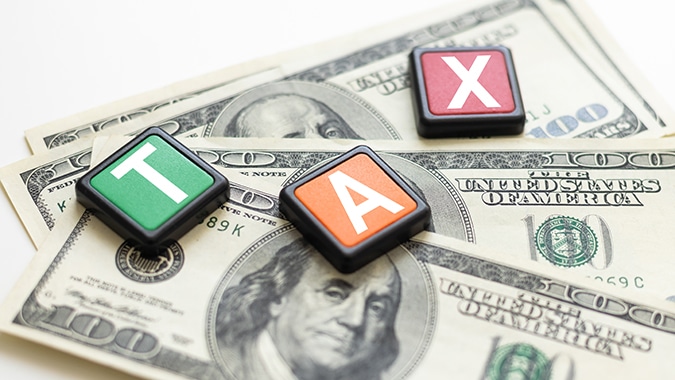Bipartisan federal legislation could help both people with outstanding student loan debt and the employers who want to help them.
The Employer Participation in Repayment Act, a bill awaiting action in Congress, would allow companies to pay for their employees’ student loan debt as a tax-advantaged benefit. Currently, if employers do pay part of their employees’ student loans, they have to pay payroll tax on it and it is also taxed as income for the employee.
At present, the legislation is in Congress with over 150 co-sponsors from both parties, and with a companion bill in the Senate with 25 co-sponsors from both parties.
If passed, this legislation would make a company’s contribution to employees’ student debt tax-advantaged, like 401(k) retirement contributions are, for example.
Currently, the government taxes the student loan contributions as ordinary income for the employee and also requires companies to pay the payroll tax on the benefit amount. Because of this benefit being non-tax-advantaged, it makes it difficult for employers to offer this benefit.
The growth in student loan debt has made contributions to the loans an increasingly popular benefit among employers, particularly as they face increased competition for skilled workers. The benefit seems to be popular among employees, too. A report found that 86% of employees would commit to a company for five years if the employer helped pay back their student loans.
Meanwhile, student loan debt continues to be a serious problem.
A 2019 NJBIA report found that 61% of New Jersey graduates in 2017 were in debt, with an average debt of $32,247. According to the report, New Jersey has the ignominious distinction of being considered a “high student debt state.” Nationally, though, the numbers are not much better: 54% of young adults who went to college took on some debt, including student loans, according to a 2019 report from the Federal Reserve.
